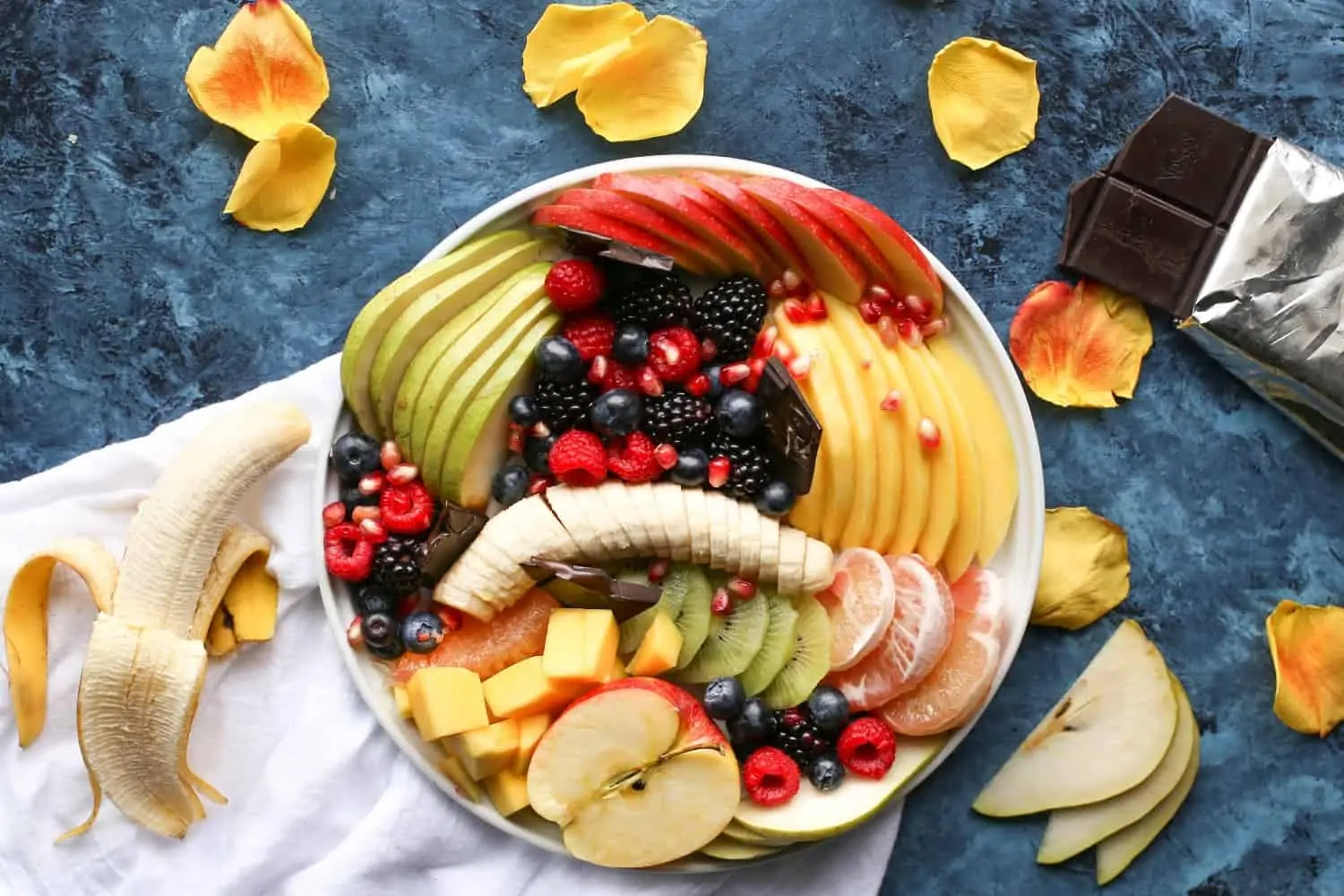Harvard Health Publishing recently spoke about foods containing flavonoids and how they may help with memory loss. Having always struggled with my own retentive powers, I immediately jumped to do some further research.
What are Flavonoids?
Flavonoids are plant compounds naturally present in many fruits and vegetables. To be precise, they are a group of naturally occurring polyphenolic compounds. Bioactive substances known to have potential health perks for the human body. Including antioxidation, anti-cancer, anti-diabetes and anti-neurodegenerative benefits.
The word “Flavonoid” is derived from the Latin “flavus”, meaning yellow. So as you may have guessed, many flavonoid-containing foods are yellow in colour. Although some foods bearing flavonoids are white and, specifically anthocyanin carrying edibles will display blues, reds and purples.
There are six types of Flavonoids found in food:
- Flavanols
- Flavan-3-ols
- Flavones
- Flavanones
- Isoflavones
- Anthocyanins
The Harvard Study on Flavonoid Foods and Memory
The Harvard Medical study involved collecting data from more than 77 000 middle-aged men and women over a 20 year period. And, after accounting for potentially interfering factors, such as weight, alcohol intake or depression, the study showed that those with the highest flavonoid containing food intake were 19% less likely to report trouble with memory loss.
It is important to note that the study was only observational and relied on changes that test subjects reported to have noticed. However, other studies have also discovered a link between flavonoids and cognitive health. And the way I look at it, with a long list of other health benefits, there is no reason for us not to check our flavonoid intake anyway.
How Flavonoids in our Diet Help with Forgetfulness
We do not yet know exactly how flavonoids protect memory retention, but we can guess how their recognized health benefits may play a role.
Some of these health benefits include:
- Anti-inflammatory properties that help combat brain inflammation and the accumulation of amyloid (a key player in Alzheimer’s disease).
- Antioxidant characteristics that assist in keeping blood flowing to the brain, promoting new brain cell growth and repairing existing brain cells.
- Regulatation of cellular activity.
- They fight off free radicals and help protect the body from everyday toxins (for instance, those that could be in our drinking water).
- Antibacterial and antiviral properties.
Researchers also believe that antioxidants enlarge the hippocampus, a section of the brain involved in the storage and retrieval of memories.
Getting more Flavonoids into Your Diet
Many foods contain several types of flavonoids and in varying quantities, making measuring your intake complicated and difficult. So I would advise simply sticking to a wholesome diet with a wide variety of fresh organic fruits and vegetables.
To a degree, you can also play with the colours to further help with when to eat what. “It’s been called ‘eating the rainbow,’ and can lead to a healthier, more delicious diet“, says Dr. Deborah Blacker, deputy chair of epidemiology at Harvard T.H Chan School of Public Health.
But to give you an idea of where to start, here is a list of flavonoid-rich foods.
- Flavanols: onions, kale, grapes and red wine, tea, peaches, berries, tomatoes, lettuce, broccoli.
- Flavan-3-ols: white tea, green tea, oolong tea, black tea, apples, purple and red grapes, blueberries, strawberries, cocoa and chocolate products.
- Flavones: parsley, red peppers, celery, chamomile, peppermint.
- Flavanones: lemons, limes, oranges, grapefruit.
- Isoflavones: soy, lentils, beans, peas.
- Anthocyanins: red and purple grapes, red wine, cranberries, blueberries, strawberries, blackberries
Every little Bit Helps
It is important to remember that many factors influence our mind and body. So, although flavonoid containing foods may prove to help with memory loss, suddenly climbing into a flavonoid-rich diet while still possibly suffering from another disorder, such as food addiction, depression, or both, will not magically eliminate forgetfulness. But every little bit helps, and any lifestyle improvements will aid both your mind and body in becoming the best versions of themselves.
